Vietnam is a popular destination among tourists worldwide. However, Overstaying Your Vietnam Visa in the country can lead to serious consequences. In this article, we will discuss what it means to overstay a Vietnam visa, the fines associated with it, and how to prevent or handle it if it happens.
Table of Contents
What is Vietnam Visa Overstay?
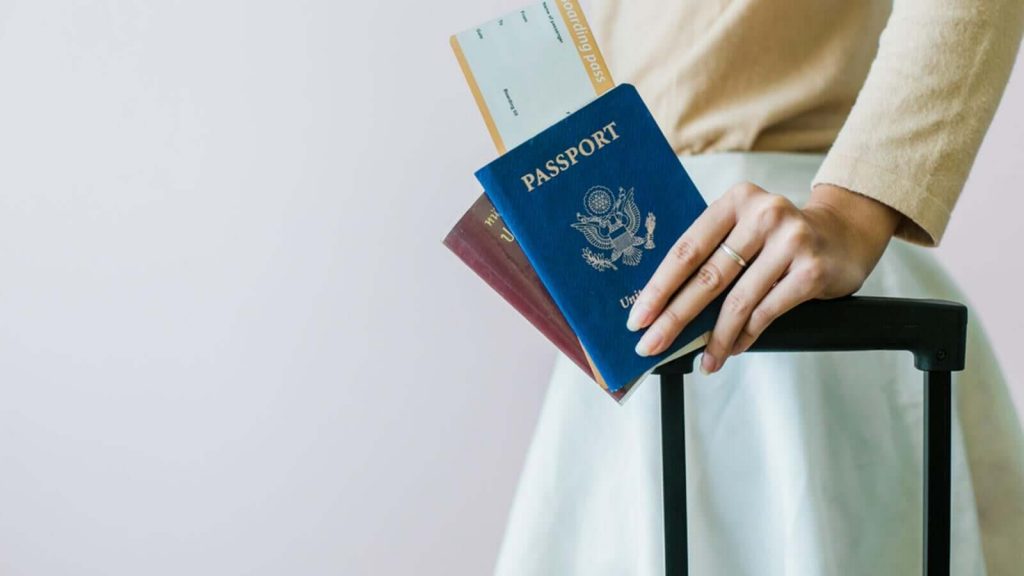
Overstaying a Vietnam visa means staying in the country beyond the validity of your visa. For instance, if your visa is valid for 30 days and you stay in Vietnam for 40 days, you have overstayed your visa by ten days. Overstaying a Vietnam visa is a violation of immigration laws and can result in severe penalties.
Consequences of Overstaying Your Visa in Vietnam
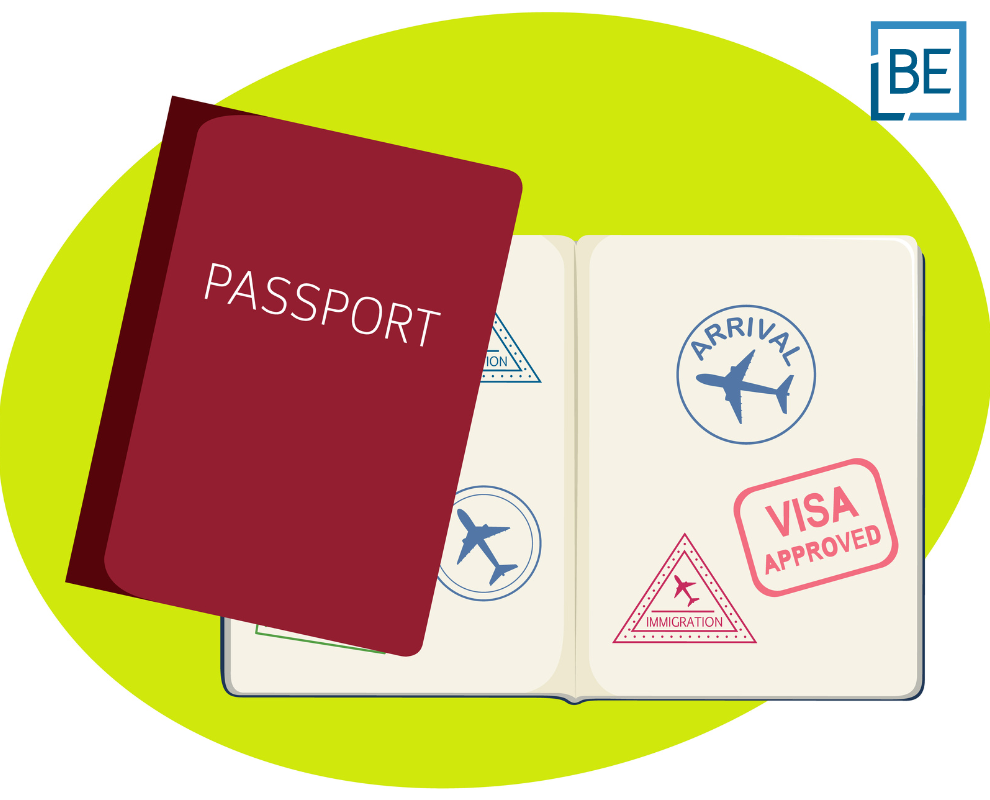
The penalties for overstaying a Vietnam visa vary depending on the length of the overstay and other circumstances. According to the Immigration Law of Vietnam, the fine for overstaying a visa ranges from VND 500,000 to VND 40,000,000 (approximately USD 22 to USD 1,760), depending on the number of days overstayed. If you overstay your visa in Vietnam, you may also be blacklisted by the Vietnam Immigration Department, which can make it difficult or impossible to enter the country in the future. Furthermore, you could face forced deportation, which can be costly and unpleasant.
Vietnam Visa Overstay Fines
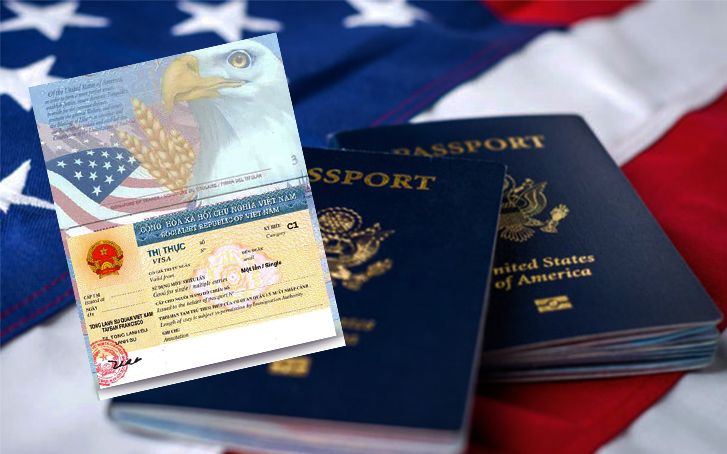
The fines for overstaying a Vietnam visa are determined by the number of days overstayed and are charged per day. The following are the current fines as per Circular No. 144/2021/NĐ-CP:
- Overstaying for less than 16 days: VND 500,000 – VND 2,000,000 (~USD 22 – USD 88)
- Overstaying for 16 days to less than 30 days: VND 3,000,000 – VND 5,000,000 (~USD 133 – USD 221)
- Overstaying for 30 days to less than 60 days: VND 5,000,000 – VND 10,000,000 (~USD 221 – USD 441)
- Overstaying for 60 days to less than 90 days: VND 10,000,000 – VND 15,000,000 (~USD 441 – USD 661)
- Overstaying for at least 90 days: VND 15,000,000 – VND 20,000,000 (~USD 661 – USD 885)
Foreigners who refuse to comply with competent agencies’ decisions on forcing them to exit Vietnam and continue to reside in the country will be subject to a fine of VND 30,000,000 to VND 40,000,000 (~USD 1,320 – USD 1,760).
How to Avoid Overstaying Vietnam Visa in Advance
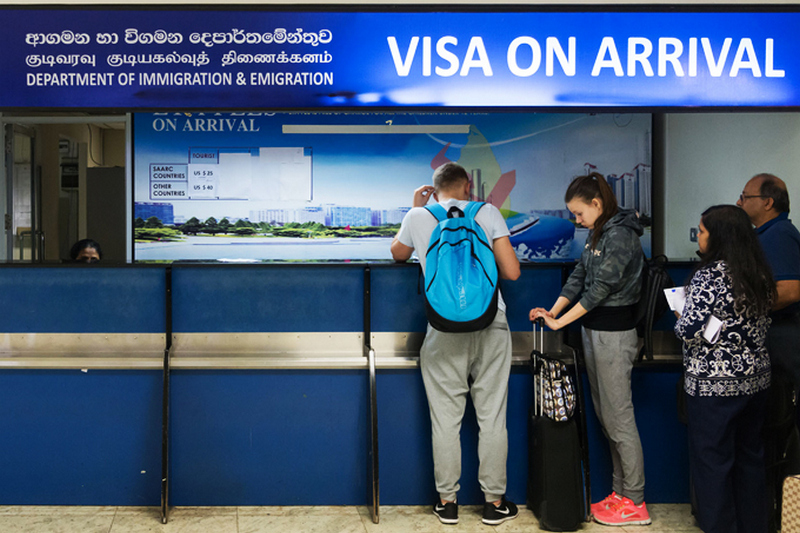
Prevention is always better than cure. Here are some tips to avoid overstaying your visa in Vietnam:
- Check the expiry date on your visa stamp right at Vietnam airports. Often, immigration officers can make mistakes while issuing visas. Therefore, double-check to ensure that your visa has the correct details, including valid dates.
- Apply for a Vietnam visa extension before your current visa expires. You need to apply for an extension at least three days before your visa expires. You can do this by visiting the Vietnam Immigration Department or a travel agency authorized to carry out the procedure.
- Apply for a Vietnam visa renewal if your visa has already expired. If you overstay your visa, it’s best to apply for a visa renewal instead of waiting for the authorities to catch you. You can do this by visiting the Vietnam Immigration Department or a travel agency authorized to carry out the procedure.
What to Do If You Have Overstayed?
If you have overstayed your visa in Vietnam, it’s important to take appropriate steps to avoid further consequences. Here’s what you need to do:
- Pay the fine: The first step is to pay the fine for overstaying your visa. You will need to visit the Immigration Department or a police station and show your passport and any other relevant documents.
- Apply for an extension or renewal: If you want to stay in Vietnam longer, you should apply for an extension or a renewal of your visa. You must do this before your visa expires to avoid further penalties.
- Prepare to leave: If you don’t want to extend or renew your visa, you must prepare to leave Vietnam. You will need to purchase a flight ticket and present it to the authorities as proof that you intend to leave the country.
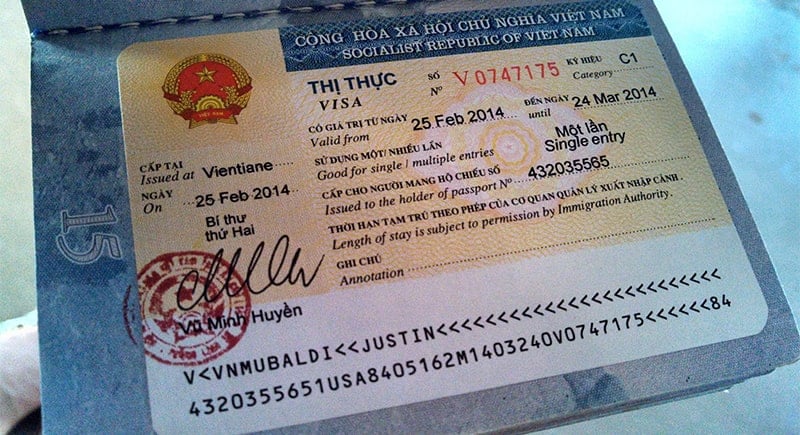
What to Do If You Lose Your Passport?
If you lose your passport while in Vietnam, you should report the loss to the local police as soon as possible. You should also notify your embassy or consulate in Vietnam, who can issue you a new passport or a travel document to exit the country. If you have overstayed your visa and lost your passport, it’s essential to resolve both issues as soon as possible to avoid further consequences.
How to Exit Vietnam If Your Visa Is Expired
If your visa has already expired, you must obtain an exit visa, also known as a “visa exemption paper” before leaving Vietnam. You can apply for an exit visa at the Immigration Department or a travel agency authorized to carry out the procedure. To obtain an exit visa, you will need to provide your passport, a flight ticket, and proof of payment of the fine for overstaying your visa.
In conclusion, overstaying a Vietnam visa can lead to serious consequences, including fines, blacklisting, and forced deportation. It’s always best to follow immigration laws and regulations to avoid getting into trouble. If you have overstayed your visa, it’s essential to take appropriate steps to resolve the issue and avoid further penalties. Remember to check your visa validity and apply for an extension or renewal if necessary, and prepare to leave Vietnam in time to avoid overstaying your visa.





